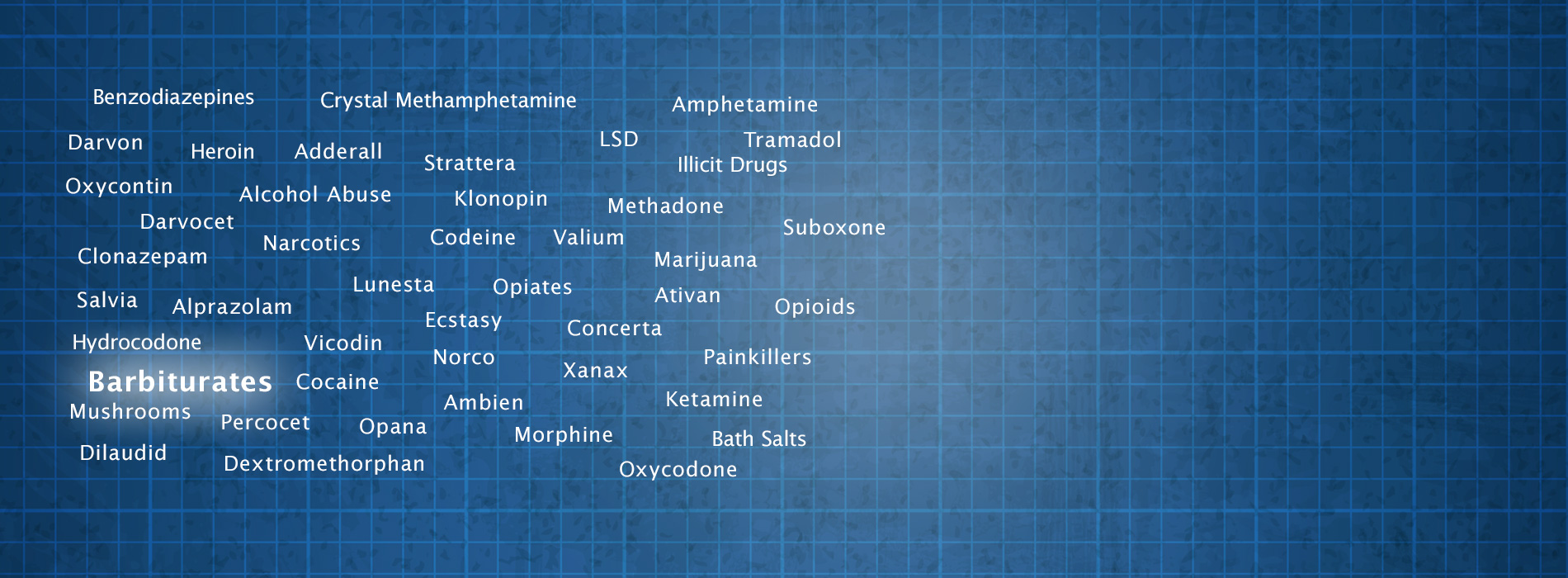Barbiturates
Barbiturates are a group of drugs considered to be sedative-hypnotics. These medications are usually used to induce sleep and decrease anxiety. Barbiturate abuse is not as common as abuse of other drugs; however, statistics show that it poses a significant health risk. Around 9 percent of Americans will abuse a barbiturate during their lives. Around one in five children live in a household where an adult abuses a barbiturate and/or other drugs. Barbiturate abuse can lead to coma and death if overdose occurs. Addiction is common when a person abuses this drug for several weeks, and the withdrawal symptoms can be life-threatening.Barbiturates first became popular in the 1960s when they were originally used to treat insomnia, anxiety, and seizure disorders. They also are abused when a person uses more and more of the prescribed drug to achieve a “high” or “buzz.” Doctors now recognized the illegal use of barbiturates among teens and young adults, and illegal use has decline recently.
Types of Barbiturates
| Generic Name | Street Name |
| Pentobarbital | Nembies, Abbots, Mexican Yellows, Yellow Jackets |
| Amobarbital | Downers, Blue Velvet, Blue Heavens, Blue Devils |
| Secobarbital | Reds, Red Birds, F-40s, Pinks, Pink Ladies |
| Phenobarbital | Purple Hearts, Goof Balls |
Causes and Risk Factors for Barbiturate Abuse
- Teen users are too young to remember the dangers effects of barbiturates from the 1970s, so they underestimate the risks associated with them.
- They are used in suicide attempts.
- They are associated with other addictions, such as alcohol, tobacco, and gambling.
Signs and Symptoms of Barbiturate Abuse
- Drowsiness, intoxication, and disinhibition (low doses)
- Slurred speech, confusion, and staggering (high doses)
- Complications that are life-threatening, such as coma or seizures
- Withdrawal symptoms, such as agitation, difficulty sleeping, and tremors

